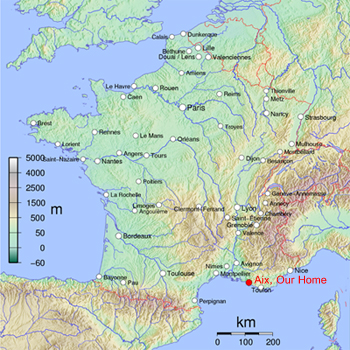A few nights ago I was reminded of the deep sense of calm and joy that can come from improvising. Just for a moment I sat down at my piano. I thought I was bored; I thought I was sad; I thought I was too tired to do anything “worthwhile.” Clearly, thinking was not useful. So I settled on the bench and played a few notes, and then a few more, not in any particular order. The only “rule” was that the sounds wanted to be pleasing. And so, in semi-darkness, I continued to play notes and chords, often in my favorite key of G minor. At certain moments I sighed out loud: “that is beautiful.” I played for five, maybe ten minutes, then stopped. I felt calm, satisfied, at peace with myself.

I have no idea what I played on the piano that evening. I’m not able to repeat it. Apparently, research shows that improvisation is such a concentrated, focused activity of the brain that long-term memory is blocked by it. But I know I can return to that spontaneous, creative activity whenever I feel like it. (Ironically, however, sometimes I experience a little hesitation to abandon myself to a moment of such pleasure.)
When I was taking piano lessons some years ago with Nancy, my dear friend and teacher, we stumbled upon the utter thrill of improvising together on her side-by-side pianos. Nancy was encouraging me to be bold, to compose. She is a brilliant, prolific composer herself. Instead, I found myself improvising and invited her to join me. We had no idea where the notes would take us, but we weaved them back and forth across keys and times and rhythms that gave us pleasure and fascination as we followed each other’s lead. It felt magical.
The connection I felt with Nancy in those moments of spontaneous improvisation is indelible. It serves as a continuing reminder of our friendship, but also of my own creative ability to calm and soothe myself in times of uncertainty or times of trouble.
One can improvise in myriad ways, not just in music and art, theater and dance, not just alone, but also in deep connection with others. When I built Zarafa, my giraffe, over a period of three years, she demanded continuous creative improvisation, sometimes on my own, often with friends and collaborators. I remember going to a local tailor’s shop to ask: “Do you know anyone who can help me make a skin for my giraffe?” After moments of open hilarity, a kind seamstress gave me the name and number of just the person to help: and he did! Grant became a co-creator, teacher and friend, improvising methods and techniques as we made our way to forming a beautiful, young, female Masai giraffe.



In these days of the surging worldwide coronavirus-19 pandemic, and of political chaos at home and afar, we need to cultivate the ability to improvise, to adapt, and to be flexible in order to maintain connection with one’s own core strengths and with the strengths of others. Spontaneous, co-creative play is a good way to get there. An added benefit is that improvising can quiet the inner critic, that unhelpful internal voice that insists on finding fault or contradicting simple wishes. And improvising can also help to quiet the outer noise that can get in the way of finding joy and calm.

